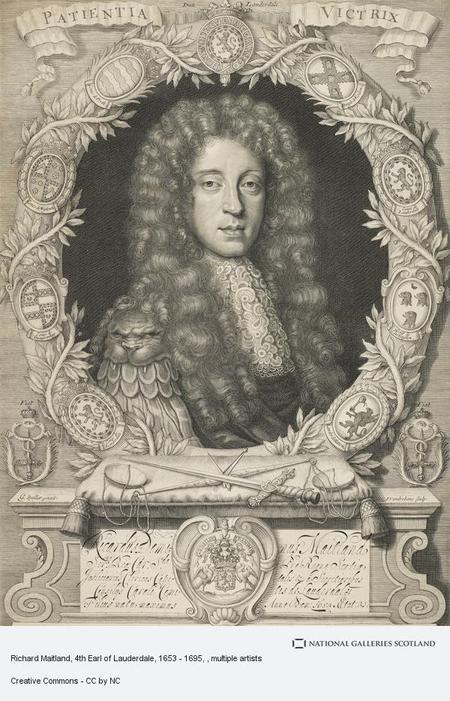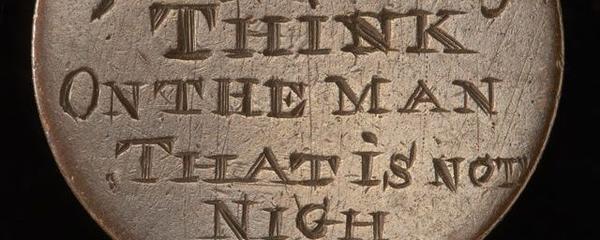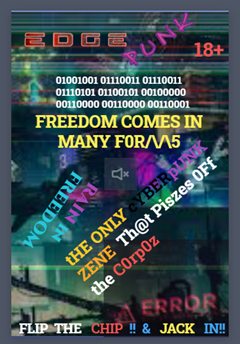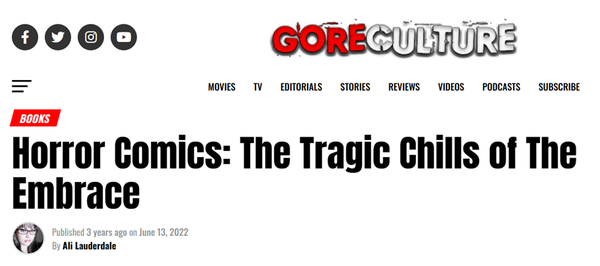
ARTICLE: My Ancestor's Poetry Part 1
My ancestor, Sir Richard Maitland, Lord Lethington (1496–1586), was a notable lawyer and served the Crown well, but he also contributed to literature and his work is both clever and invaluable.
It can be read in the original language, which is known as Middle Scots. You can even kind of understand the basic idea, especially if you read it out loud. When he wrote his poetry, he was actually blind and had his daughter transcribe his words. Because this was the 1500s, there are even still some letters used that we have since replaced with other letters.
But when I found his collection of poems, as beautiful as they are in Middle Scots, I badly wanted them to be easier for the modern reader. This led me on a long, convoluted linguistic journey. After a TON of research and consulting various dictionaries, learning all sorts of colloquialisms, and even some sewing techniques, I finished one entire poem! I created a literal translation and then tweaked it into more modern English. I strove to maintain the jaunty rhyming scheme and then made note of all the new words I learned.
It can be read in the original language, which is known as Middle Scots. You can even kind of understand the basic idea, especially if you read it out loud. When he wrote his poetry, he was actually blind and had his daughter transcribe his words. Because this was the 1500s, there are even still some letters used that we have since replaced with other letters.
But when I found his collection of poems, as beautiful as they are in Middle Scots, I badly wanted them to be easier for the modern reader. This led me on a long, convoluted linguistic journey. After a TON of research and consulting various dictionaries, learning all sorts of colloquialisms, and even some sewing techniques, I finished one entire poem! I created a literal translation and then tweaked it into more modern English. I strove to maintain the jaunty rhyming scheme and then made note of all the new words I learned.








